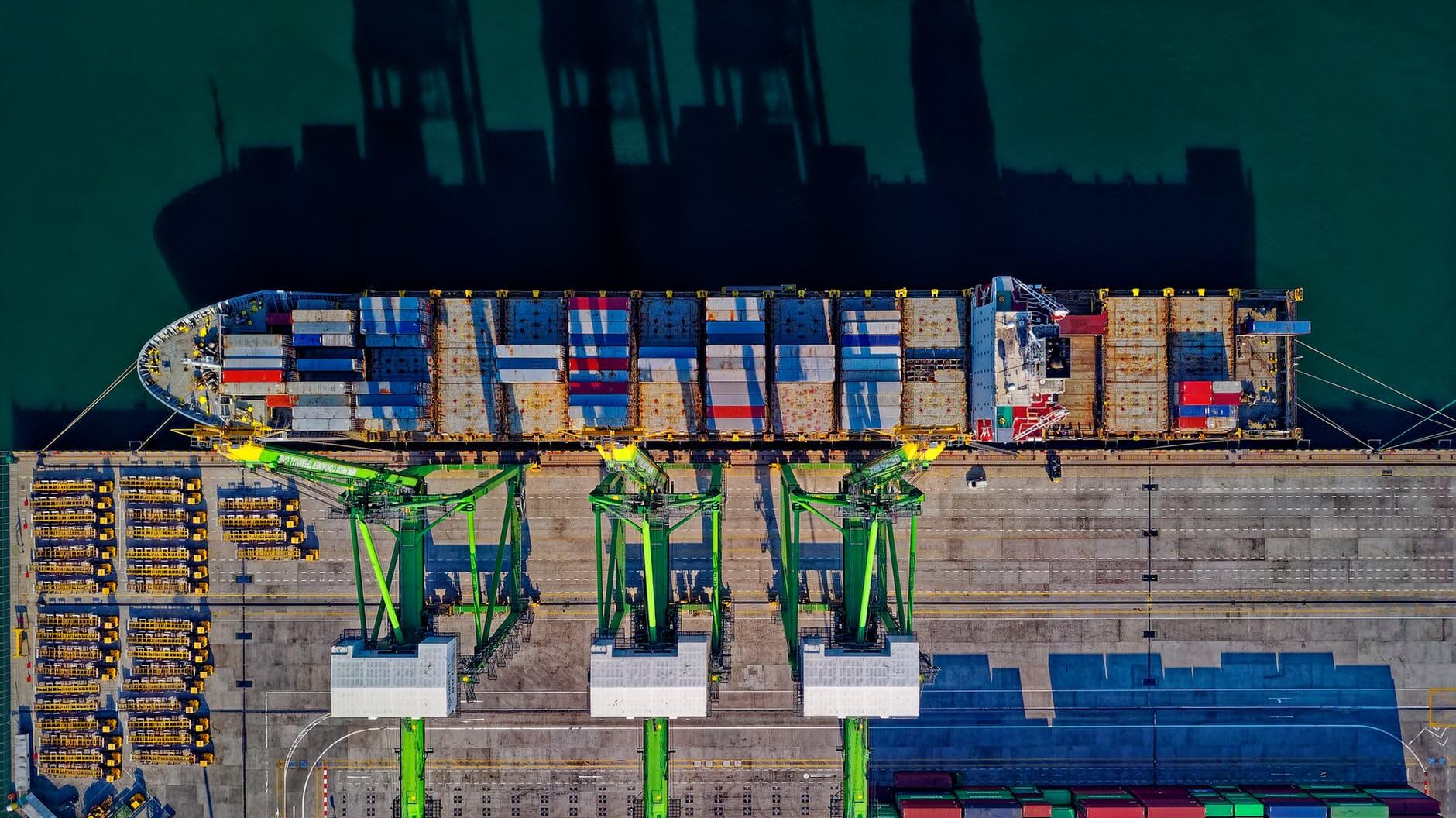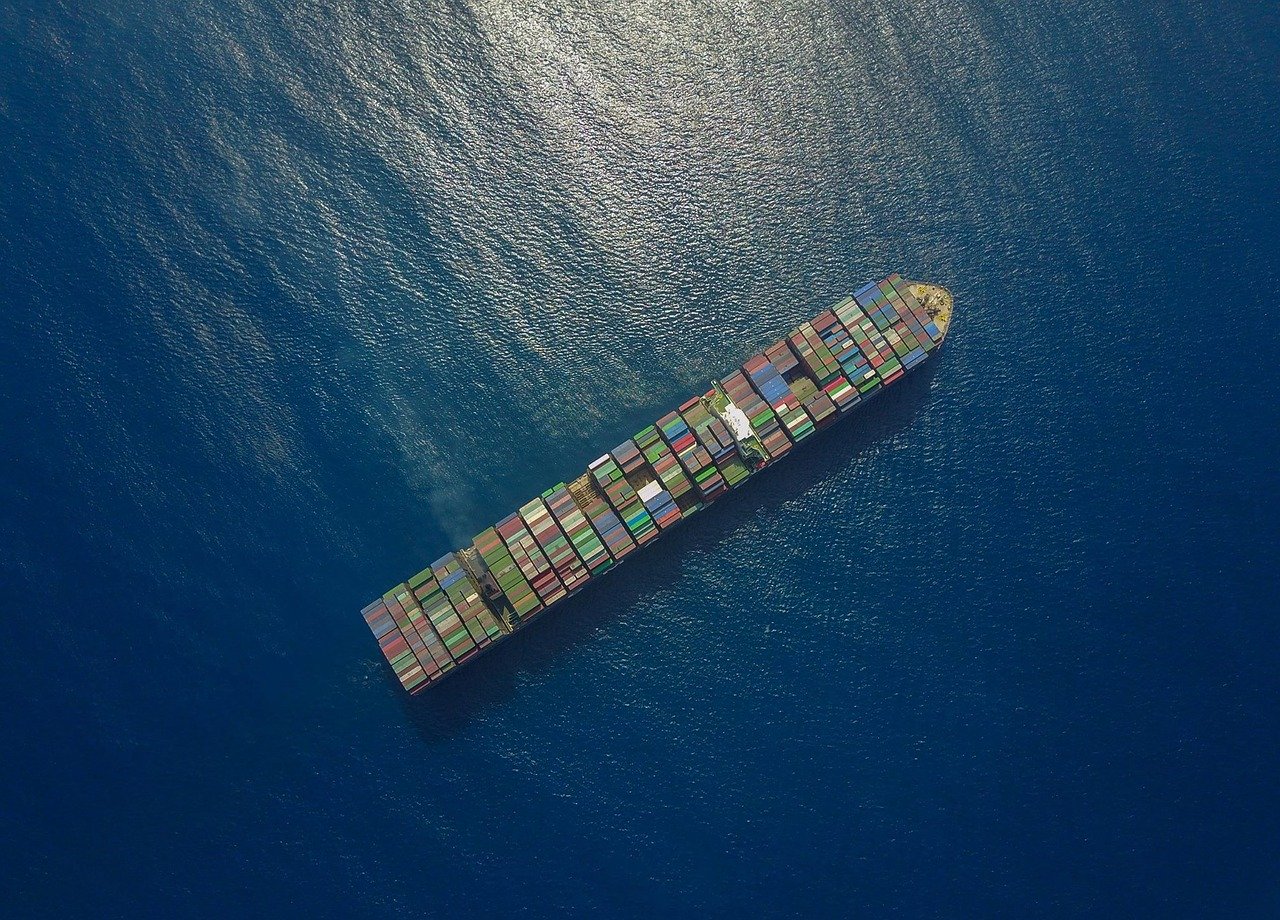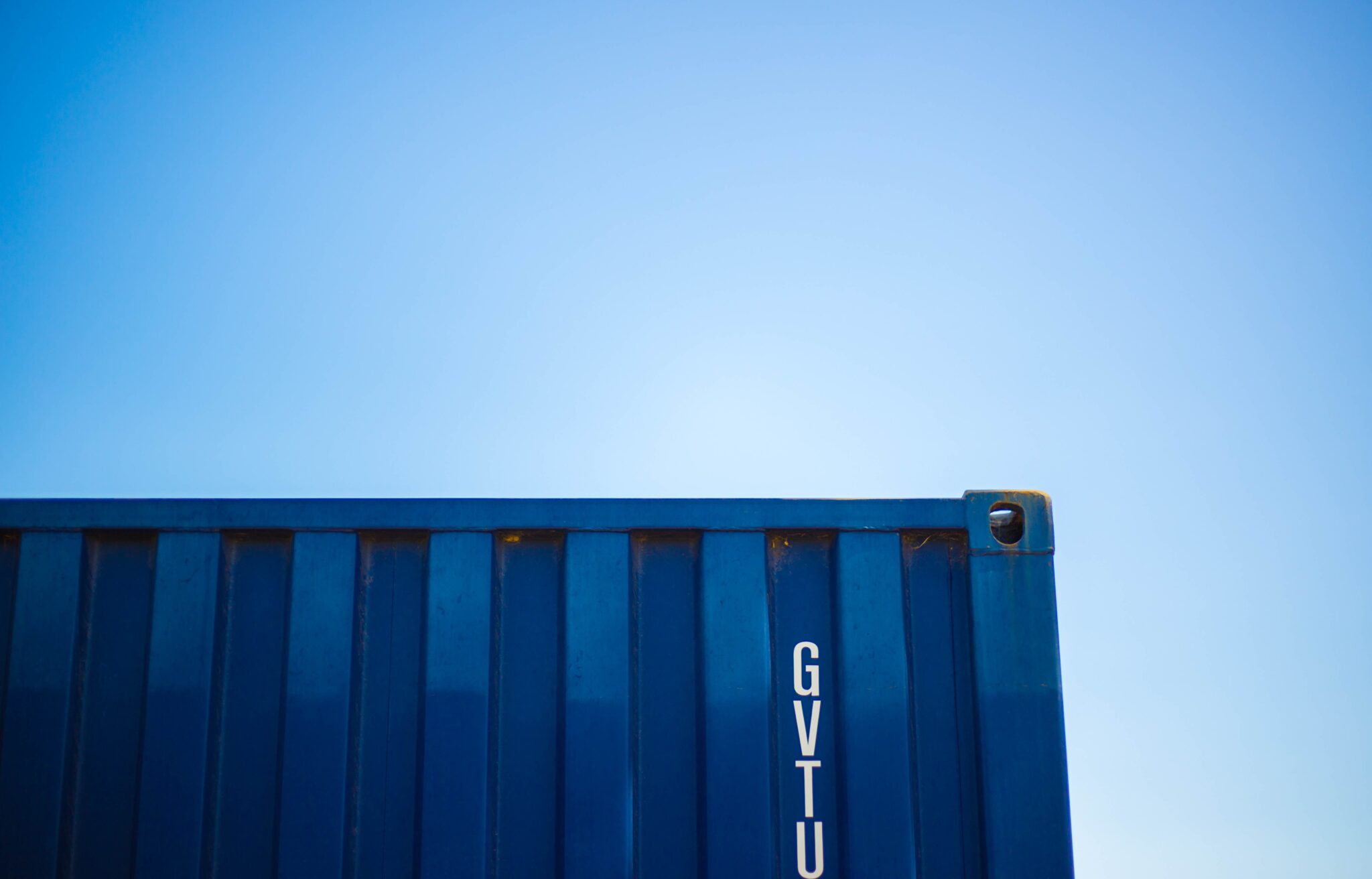Costa Rica is a small country located in Central America and better known for its tourism, mountains, beaches, and biodiversity. What many people don´t realize is that the five-million-resident country has a strong economy based on the exportation of high-quality goods and services.
During the second part of the 20th century, Costa Rica had an economy based mainly on the exportation of coffee beans, banana, and pineapple, with tourism soon becoming a hallmark of the country´s global marketing. However, with the turn of the century, and its resurgence from the 80s economic recession suffered by the country, Costa Rica became a force to be reckoned in the Latin American manufacturing and service sectors.
Import/export Costa Rica – the growth of Costa Rica´s exportation market
Digitization and the technological advancements have opened new doors to this small country´s economy. As of 2010, Costa Rica was the second largest provider of electronic components to the US, only behind the world superpower, China.

In 2016, almost 80% of the country´s Gross Domestic Product (GDP) was based on services, with corporate services in Free Trade Areas amassing almost as much as tourism – a key income source.
Currently, the main products exported from the country are part of the technology sector with electronic components, medical devices, and precision manufacturing being the favored goods. In regards to service exportations, global giants established in the country, such as Amazon, employ an estimated 20% of the country´s total workforce.
All of this is helped by a number of strategic Free Trade Agreements (FTA) with key global players – China, the United States, the European Union, and the Caribbean Community.
Steps to start an import/export business
To start taking advantage of all the perks involved with international trade in Costa Rica, we offer you a basic guide on how to start your import and export business:
Incorporate a local company
If you want to register a company in Costa Rica, it is fairly fast and simple if you have the right knowledge. As opposed to other countries in Latin America, a company can be registered in a couple of hours if you are lucky and have the necessary local support.
To incorporate your business in Costa Rica, you need to start by choosing the right legal structure for your business and administration objectives; then, you draft the company´s bylaws and sign them before a Public Notary, and then register these bylaws with the National Registry.
Once the company has been incorporated in the National Registry, to begin operations, you will need to register the company with other institutions like the Ministerio de Hacienda (the national tax authority) and Caja Costarricense de Seguro Social (to register as an employer).
Additionally, you may need to apply for other permits and/or licenses according to the kind of activity your business will undertake.
Become an importer/exporter
In Costa Rica, the matter of internationalization of products is handled by the Costa Rican Foreign Trade Promotion Agency (PROCOMER). It is under their jurisdiction that you must register either as an importer or an exporter. The registration can take a couple of weeks to complete and you will need to have your company´s registration papers in order and complete, along with certifications from the National Registry and Public Notary.
It is important to know that, due to the digitalization of the country, during the process of registering as an importer or exporter, you need to have a digital signature; digital signatures in Costa Rica are issued by certified authorities and only to Costa Rican citizens. You can bypass this problem by getting a digital signature issued in your home country or by having local support.
Contract a customs agent
This next step is, perhaps, one of the most important in becoming a successful international trading company. Working with a Customs Agent is a requirement to begin trading operations – whether you plan on importing or exporting. See below some key information regarding a local Customs Agent:
- They are responsible to get your products in and out of the Costa Rican ports.
- They act as an intermediary between your business and the governmental authorities.
- They must determine the categorization of importation tariffs.
Customs Agents have an important role in international trade in Costa Rica; be sure work with one who has ample experience.
Get your products ready
Once you have your company set up and a Customs Agent helping you, you will need to get the required documentation for the products you plan to trade. You will need different documentation according to the origin of your product/s. If you plan on importing and exporting from a country that has an FTA signed with Costa Rica, this will allow for more straightforward processes. For some countries, all you need is the Bill of Lading (B/L) for a tax-free reduction or exemption, for others, you will also need to provide the Certificate of Origin.
Local Tip: Do your research on the products and markets in which you plan to trade to better understand requirements, costs, and timeframes.
Ship your products
Costa Rica´s regulations leave all of the logistics for importation and exportation to be decided by each trading company. With two coasts and seven ports to use as a trading platform, you will need to determine which logistics company better suits your company´s needs and budget. Make sure to balance options and obtain quotes from several companies, as well as review shipping routes and storage facilities.
Local support? we can help
If you want to venture into Costa Rica´s versatile market, you will need to start with company formation, and then you will need to register as an importer/exporter. Working with a local knowledgeable partner will help you accelerate the process and give you the confidence to start trading internationally. Contact us today and see how we can be of assistance.





